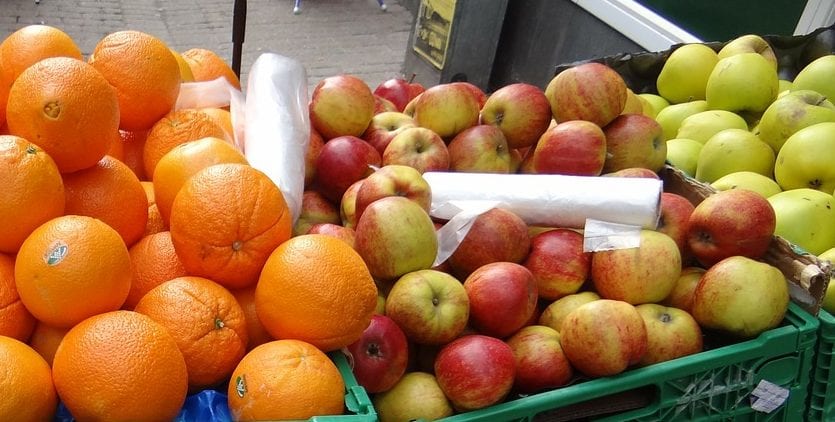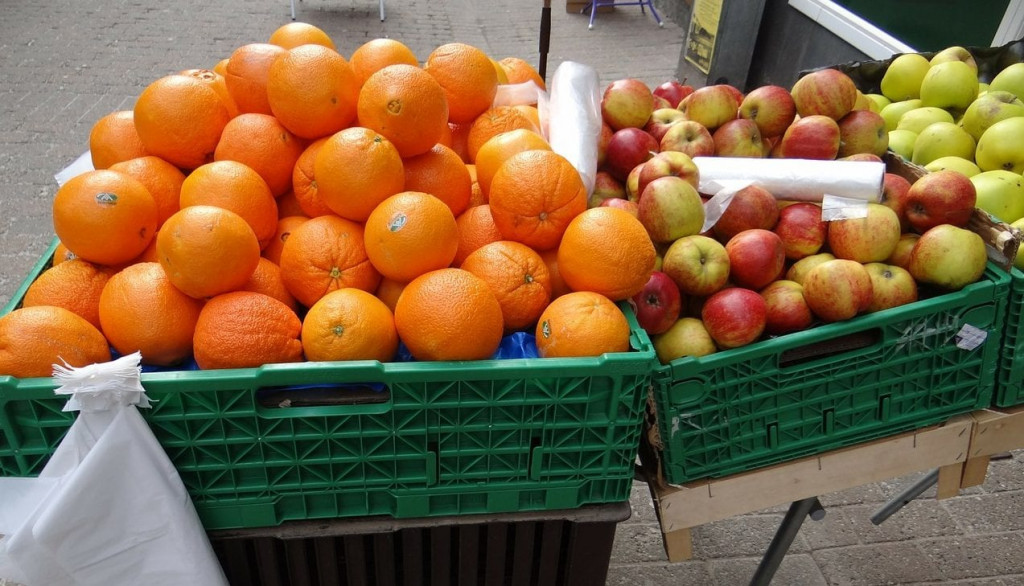Since mid-2016, disposable plastic bags have been prohibited in the Principality. On January 1, 2017, this ban was extended to all plastic bags intended for packing goods in shops, including supermarkets, butchers, markets, pharmacies and other retail outlets.
Only biodegradable bags containing at least 30 percent bio-sourced material will remain authorised. This proportion will increase progressively to at least 40 percent on January 1, 2018, then 50 percent on January 1, 2020, and 60 percent on January 1, 2025. Compostable bags display the NF T51-800 standard or the “OK compost Home” label.
In practice, this prohibition concerns the packaging of bulk goods on the shelves of food shops or on market stands (weighing fruit and vegetables, packing fish, dried fruit, etc.). The move is a strong commitment that constitutes a new step in favour of more environmentally friendly trade. Its implementation rests on the commitment of the merchants and consumers of the Principality.
The Prince’s Government sent in September all residents a bag made of organic cotton, “A bag for life“, accompanied by a flyer, to raise awareness of the use of reusable bags.
During the campaign launch, Marie-Pierre Gramaglia, Minister of Public Works, the Environment and Urban Development, explained the need to reduce the use of plastic bags: “There are 250 billion plastics bags in the Mediterranean sea, and each bag takes 450 years to decompose.”
READ ALSO: Mega-yacht, Mega-mess: ISM students clean up port
READ ALSO: CleanEquity gears up for 10th edition


